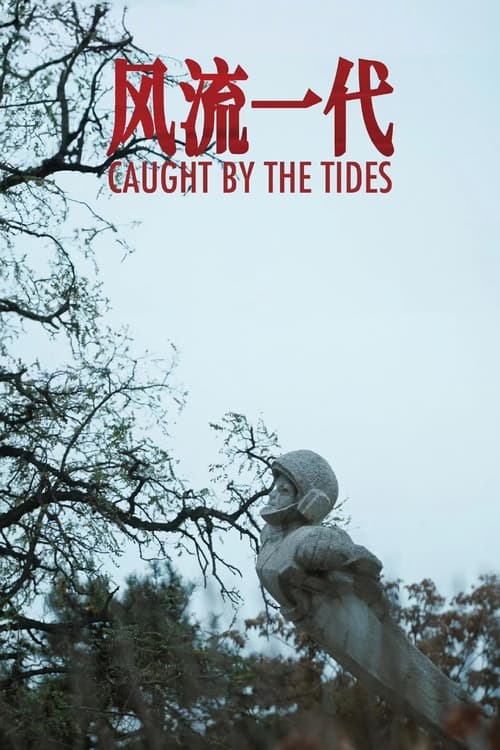A film by Jia Zhangke
With: Zhao Tao, Zhou You, Ren Ke, Mao Tao, Zhubin Li, Pan Jianlin, Zhou Lan
In early 2000s China, Qiao Qiao and Guao Bin share a passionate but fragile love. When Guao Bin disappears to try his luck in another province, Qiao Qiao decides to go looking for him.
Our rate: ***
Jia Zhang-Ke‘s Caught by the tides can be perplexing: the first half of the film, which takes the form of an experimental, almost silent documentary, and whose exercise with real time embraces the cinema of Wang Bing, is just fascinating. The portrait of the working-class milieu is created through long, captivating tracking shots of faces, landscapes and ruined dwellings, but also with popular songs and repetitive scenes of disco dancing. In these sensory, anti-narrative sequences, the particularly sensitive blending of image and sound is impressive, recalling similar work by Wang Bing.
But after a while, the film seems reluctant to change registers, moving into melodrama, trying to introduce a fictional element and refocus on a love story. Much of the aesthetic pleasure of the beginning is lost, much to our regret. The work itself remains very interesting, as it refers directly to Jia-Zhang Ke‘s entire filmography, through two antagonistic but here complementary processes, which perhaps augur a deeper turn for the filmmaker (he seems to be coming full circle). Firstly, since he uses rushes from each of his previous films as raw material, he takes a step to the side. He rehabilitates and breathes new life into captured moments that bear witness to China, to what it is – far from the epinal image of Shanghai or even Beijing – to the changes underway or expected following major events (Olympic Games, Covid, Three Gorges Dam, etc.). Jia Zhang-Ke continues his Balzacian, naturalistic approach to China, as seen through the eyes of its inhabitants. Secondly, by bringing together these different geographies and eras, he offers us an interesting space for reflection on time. Where each of his films questioned a future mutation, whether expected, negative or positive, here, by confronting different territories and different eras, a sense of permanence is inexorably instilled. Men and women do not change, poverty remains, China remains China, with its ills, and the great changes either fail to materialize, or are merely precursors of other changes to come. The snippets of fiction he introduces, following the footsteps of a young woman lost in love in particular, seem purely metaphorical of Jia-Zhang Ke‘s own relationship with his country, which he loves and cherishes, but which excludes him.










Be First to Comment